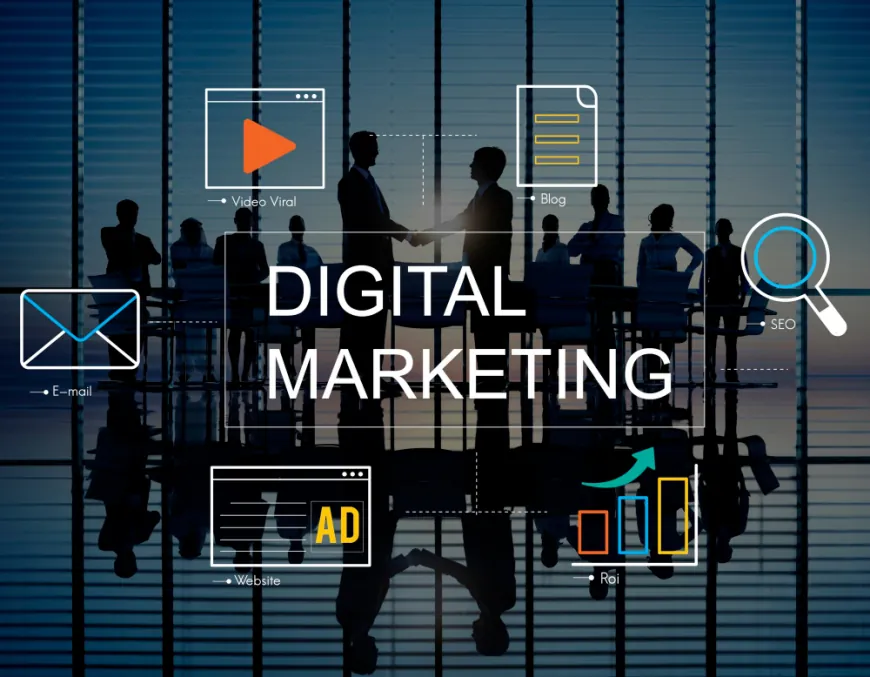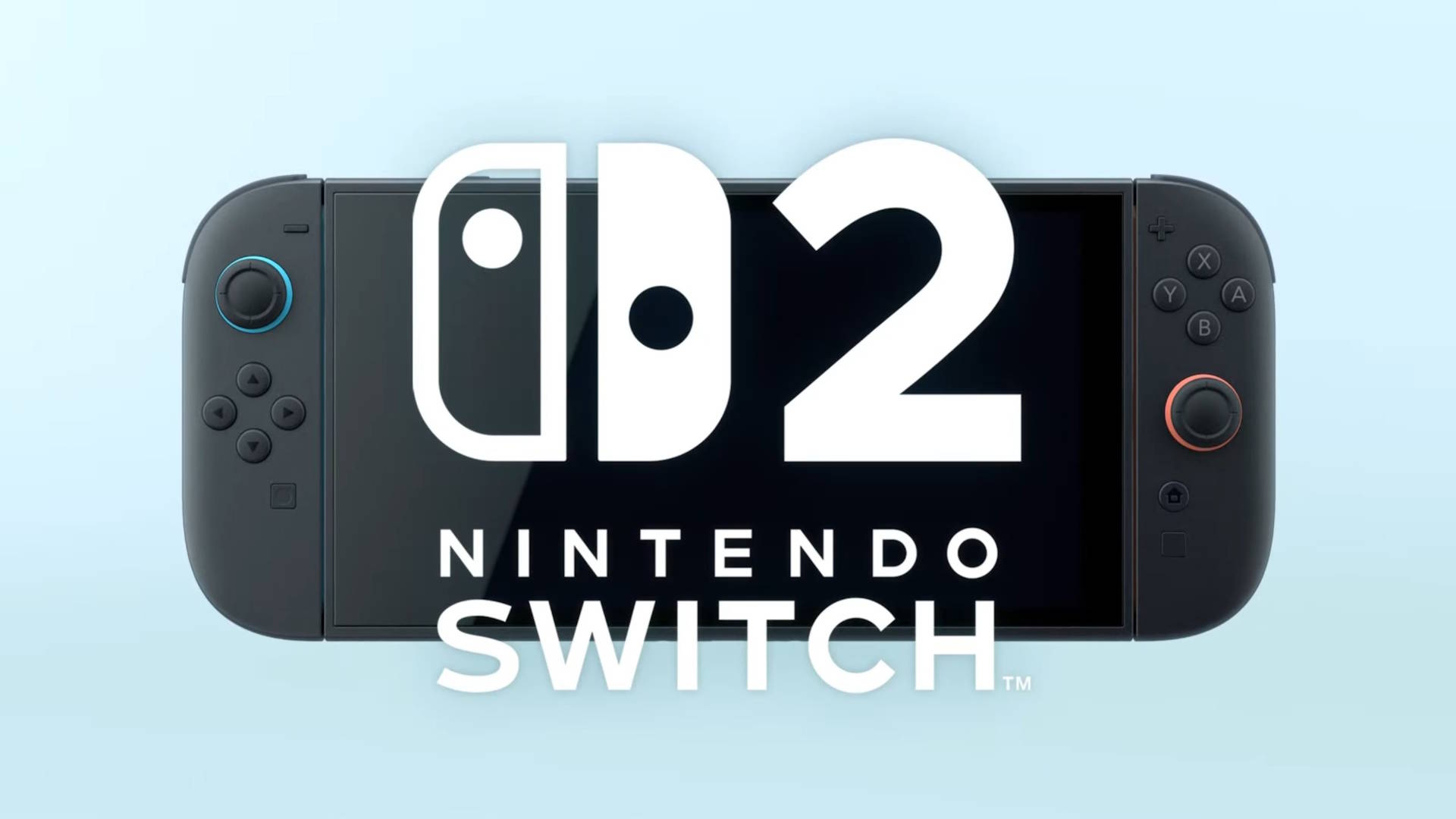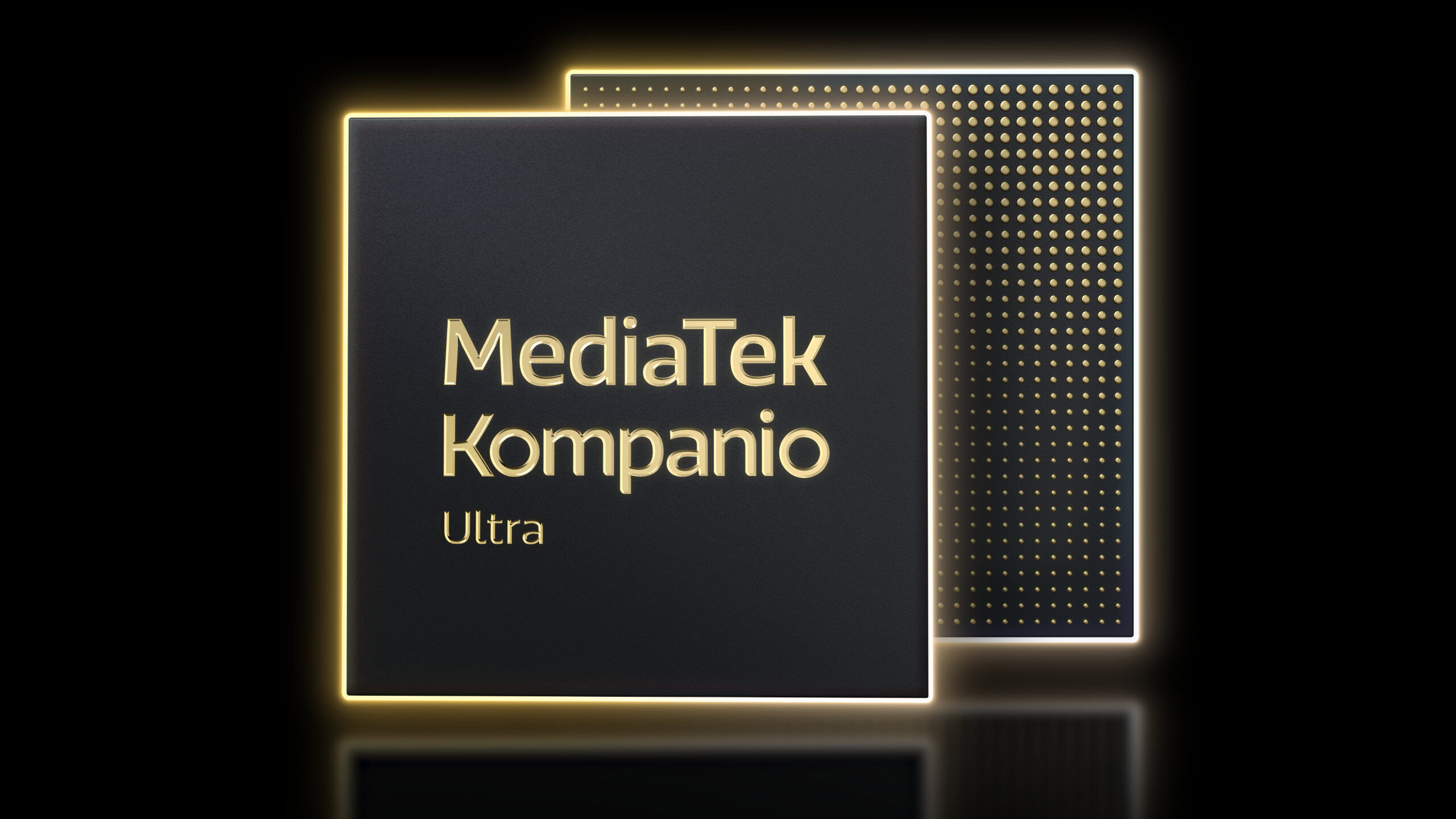The Evolution of Digital Marketing Agencies: Trends, Triumphs, and Tech
Discover how digital marketing agencies have evolved, from SEO to AI, and the role of tech in shaping trends. Learn how the best digital marketing agency in Zirakpur can drive your business growth.

The digital marketing landscape has undergone a profound transformation over the last two decades. The rise of the internet, followed by advancements in technology and shifting consumer behaviors, has radically altered how businesses market their products and services. Today, digital marketing agencies are central to brand visibility and customer engagement, acting as catalysts for business growth. This article delves into the evolution of digital marketing agencies, exploring trends, triumphs, and the pivotal role of technology in shaping the industry.
The Origins: Traditional to Digital
Before the internet became an integral part of our lives, marketing agencies primarily focused on traditional media such as print, television, radio, and outdoor advertising. These methods were effective for their time but offered limited targeting capabilities and insights into campaign performance.
The shift towards digital began with the advent of the internet in the 1990s. As businesses started creating websites, early forms of digital marketing, such as email marketing and banner ads, emerged. However, the industry was still in its infancy, and digital channels were not yet considered mainstream. Over the years, as internet penetration grew, digital marketing began to evolve into a more sophisticated and data-driven approach, replacing many traditional methods.
The Role of Search Engines and Social Media
Search engines, particularly Google, revolutionized how digital marketing agencies approached their strategies. Search engine optimization (SEO) and pay-per-click (PPC) advertising became crucial for businesses seeking to improve their online visibility. SEO allowed companies to attract organic traffic by optimizing their websites, while PPC enabled them to target specific audiences through paid advertisements.
Google’s algorithms have continually evolved, pushing digital marketing agencies to stay updated on the latest best practices. From keyword stuffing in the early days to the current emphasis on quality content and user experience, SEO has become a critical pillar of digital marketing strategy. Agencies must now prioritize website optimization, content relevance, and backlinks to help businesses rank higher on search engine result pages (SERPs).
Social media platforms like Facebook, Instagram, and Twitter added another dimension to the digital marketing toolkit. These platforms offered businesses the ability to engage with their audiences in real-time, build relationships, and foster brand loyalty. The growth of social media advertising provided marketers with detailed audience segmentation, allowing them to target users based on interests, behaviors, and demographics. Social media marketing quickly became indispensable for businesses, forcing agencies to specialize in these channels.
The Rise of Data-Driven Marketing
One of the biggest game-changers in the evolution of digital marketing agencies has been the increasing use of data. The internet's ability to track user behavior has given marketers access to a wealth of information, from website visits and time spent on pages to engagement rates on social media. This data allows agencies to craft personalized campaigns, providing customers with relevant content at the right time in their purchasing journey.
Digital marketing agencies have shifted their focus from intuition-based decision-making to data-driven strategies. Tools like Google Analytics, HubSpot, and SEMrush help agencies measure the success of their campaigns in real-time, providing insights into what works and what doesn’t. Data analysis has made marketing more efficient and effective, allowing for a higher return on investment (ROI) for businesses.
In recent years, agencies have also embraced artificial intelligence (AI) and machine learning to predict consumer behavior and automate tasks. AI-powered tools can analyze large datasets faster than humans, enabling more accurate targeting and optimized campaigns. For instance, AI can automatically segment audiences, create personalized email campaigns, and even generate content based on user preferences. As AI continues to improve, its integration into digital marketing strategies is expected to become even more prominent.
Content is Still King
Despite the advancements in technology, one thing has remained constant throughout the evolution of digital marketing agencies: content is still king. High-quality content plays a pivotal role in engaging audiences, building trust, and driving conversions. Agencies have had to adapt their content strategies to meet the demands of an increasingly fragmented digital landscape.
Today, digital marketing agencies focus on creating content that is informative, entertaining, and relevant to their target audience. Whether it’s blog posts, videos, podcasts, or infographics, the key to a successful content strategy is understanding the audience’s needs and delivering value. Content marketing has also become closely linked to SEO, as search engines prioritize websites with fresh, authoritative content. As a result, agencies must continuously create and distribute content across multiple channels to maintain visibility.
The Power of Influencers and Affiliate Marketing
In recent years, influencer marketing has gained significant traction as a powerful digital marketing tool. Social media influencers, with their large followings and high engagement rates, offer businesses the opportunity to reach new audiences. Digital marketing agencies now partner with influencers to create authentic, brand-aligned content that resonates with consumers. This form of marketing has proven particularly effective for industries like fashion, beauty, and lifestyle, where visual content and personal recommendations hold great value.
Similarly, affiliate marketing has seen a resurgence as businesses seek to expand their reach without taking on additional advertising costs. By partnering with affiliates who promote their products in exchange for a commission, businesses can tap into new markets. Digital marketing agencies often manage these relationships, ensuring that affiliate content aligns with the brand's messaging and objectives.
The Local Impact of Digital Marketing Agencies
As the digital marketing industry has grown, so has its reach into smaller, more localized markets. For example, businesses in regions like Zirakpur are increasingly turning to digital marketing agencies to enhance their online presence. A digital marketing agency in Zirakpur can help local businesses navigate the complexities of SEO, social media marketing, and online advertising, allowing them to compete in a digital-first world. Whether it’s a local restaurant looking to attract more customers or a real estate company promoting new developments, these agencies provide tailored solutions to meet the specific needs of businesses in the area.
Conclusion: The Future of Digital Marketing Agencies
As we look to the future, the digital marketing landscape will continue to evolve. Emerging technologies like augmented reality (AR), virtual reality (VR), and blockchain will further disrupt how agencies approach marketing. Personalized, immersive experiences will become the norm, and brands will need to innovate to stay ahead.
The website development in zirakpur and beyond will be those that can harness the power of technology while keeping a human touch. Success in this industry will hinge on the ability to blend creativity with data-driven insights, ensuring that campaigns resonate with audiences on a personal level. As the digital revolution marches on, one thing is certain: digital marketing agencies will remain at the forefront of shaping the future of business.
What's Your Reaction?
 Like
0
Like
0
 Dislike
0
Dislike
0
 Love
0
Love
0
 Funny
0
Funny
0
 Angry
0
Angry
0
 Sad
0
Sad
0
 Wow
0
Wow
0






















































